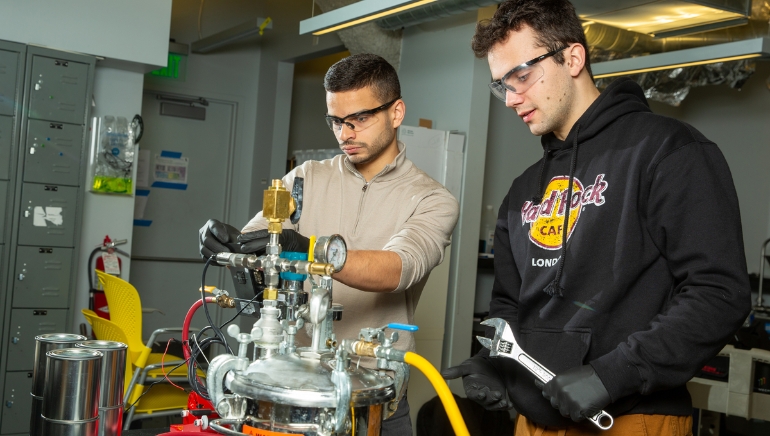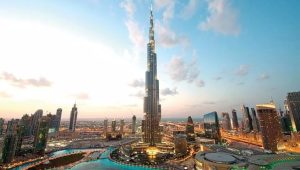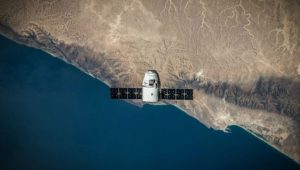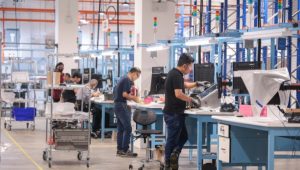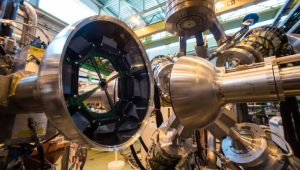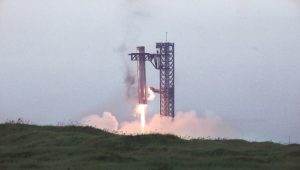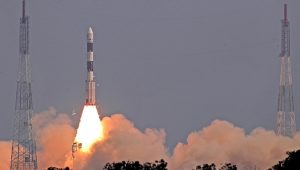MIT engineers have developed a revolutionary way of producing clean hydrogen fuel from used soda cans, seawater, and caffeine. When pure aluminium reacts with seawater, it naturally creates hydrogen gas, a clean fuel source. Caffeine enhances this reaction, speeding it up significantly.
In a study published in Cell Reports Physical Science, researchers generated hydrogen by dropping prepared aluminium pellets into saltwater. The aluminium is treated with a gallium-indium alloy to remove its oxide layer, allowing it to react with saltwater and produce hydrogen. Surprisingly, the active component in coffee, imidazole, speeds up this reaction, creating hydrogen in five minutes instead of two hours.
The team is working on a tiny reactor that may be deployed on marine boats that runs on recycled aluminium. This device would use seawater and a small amount of caffeine to generate hydrogen on demand, powering engines with no carbon emissions. This technique reduces the need for big hydrogen tanks, providing a safer option for hydrogen-powered automobiles.
The researchers intend to expand this technology to trucks, trains, and aeroplanes, as well as investigate ambient humidity as a water source for hydrogen generation.





